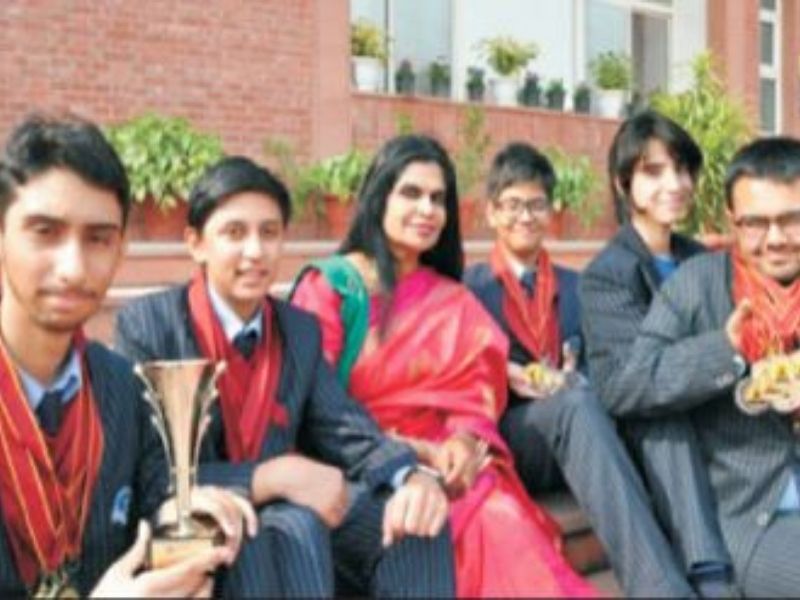Vidyaniketan Academy Bengaluru
“ John seems to be significantly challenged here and may have a better chance of success in another school,” said the principal.
John’s parents knew all too well what this statement meant, as he had been asked to leave his previous school as well for ‘restlessness’ and ‘disruptive behaviour’ in class, inability to cope with […]










































Quality education: New definition
Today education has to prepare young citizens to address contemporary health and climate change challenges and harness new technologies, writes Prof. Geeta Kingdon
As India’s education system from pre-primary to university begins to find its bearings after the longest lockdown of education institutions worldwide, it’s important to devise ways and means to rejig the system for […]